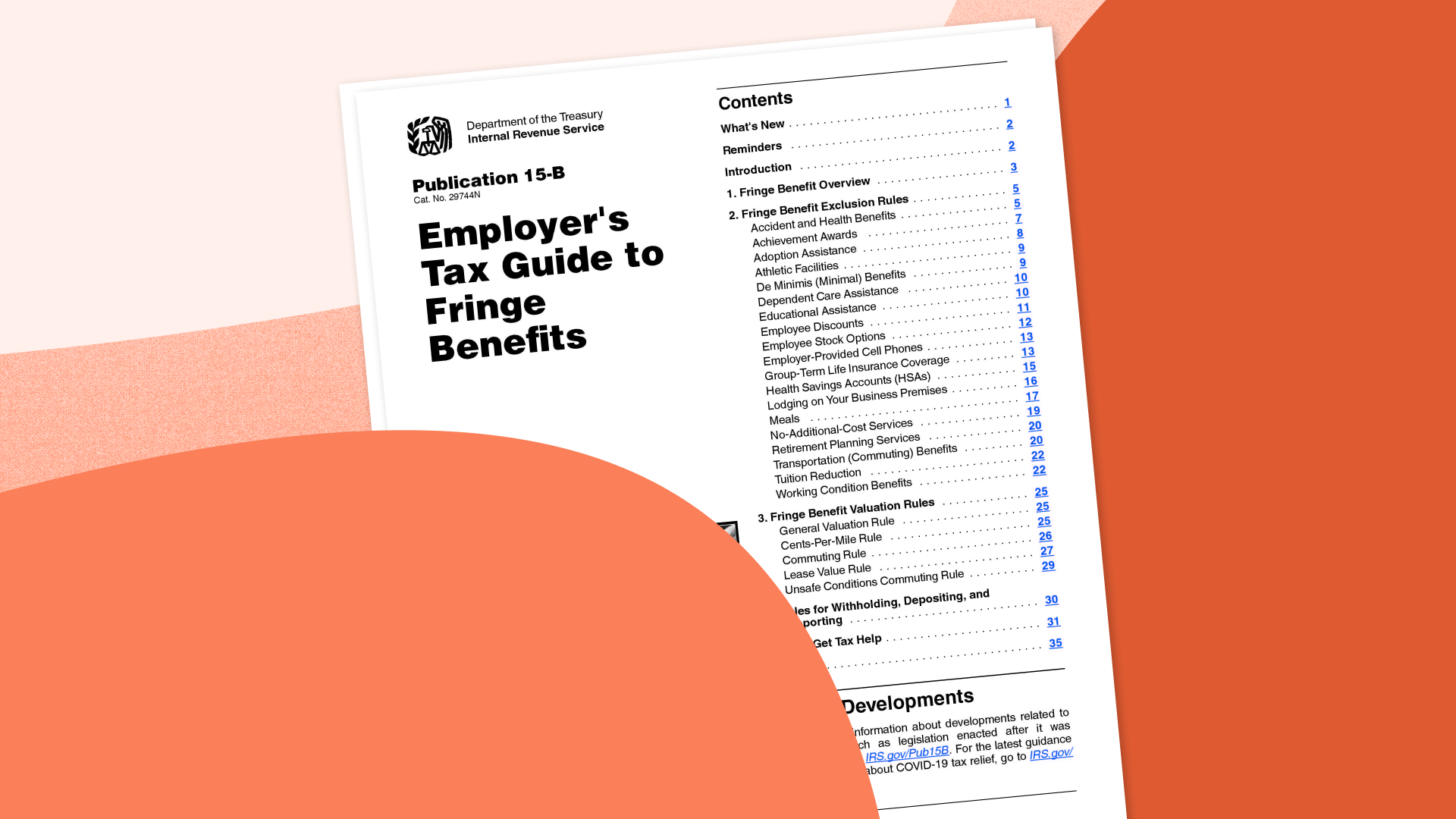What is State Tax Reciprocity?
Simplified Tax Filing
Reduced Double Taxation Risk
Increased Take-Home Pay
Employer Withholding Adjustments
Encourages Cross-State Employment
Which States Have Reciprocity Agreements?
How Justworks Can Help
If you’re working in one state but living in another, state tax reciprocity might just be the best news you’ve heard all year. For many, the tax maze of earning wages in one state and paying taxes in another can be a real headache. But thanks to state tax reciprocity agreements, life just got a whole lot simpler. Let’s dive into what these agreements are, and why they’re such a win for workers.
What is State Tax Reciprocity?
In a nutshell, state tax reciprocity is an arrangement between two states that allows residents to work in one state while only paying income tax in their home state. Sounds like a dream, right? Instead of having to file and pay taxes in both states, you get to streamline your tax process, reducing your stress and your paperwork.
Simplified Tax Filing
One of the most immediate perks of state tax reciprocity is the simplification of tax filing. Without reciprocity, you’d need to file income tax returns in both the state where you work and the state where you live. This means juggling different forms, deadlines, and sometimes even different tax laws. With reciprocity, you can avoid this double filing hassle. As a note: reciprocity usually requires submitting an additional tax form, typically to your employer.
You’ll need to file an income tax return in your home state and your employer will withhold taxes based on your home state's tax rates. It’s like a magic wand that clears away a lot of tax-related clutter.
Reduced Double Taxation Risk
Double taxation can be a real drain. If you’re working in a state that doesn’t have a reciprocity agreement with your home state, you could end up paying taxes twice: once where you work and once where you live. Reciprocity agreements are designed to eliminate this risk. They ensure that you’re only taxed on your income once, in your home state, and your employer withholds taxes according to that state’s laws. This means you won’t be throwing away extra money on duplicate taxes. It’s important to note that you may be able to take a credit for taxes paid to reduce double taxation.
Increased Take-Home Pay
Who doesn’t love a little more money in their pocket? With state tax reciprocity, your take-home pay could see a boost. Since you’re only paying income tax in one state, and potentially avoiding extra state taxes, you get to keep more of your earnings. This can add up to significant savings over time, especially if you’re in a higher tax bracket or work in a state with higher tax rates.
Employer Withholding Adjustments
For employers, managing withholding taxes can be a bit of a juggling act, especially when dealing with employees who live in different states from where they work. State tax reciprocity simplifies this process considerably. Employers can adjust their payroll systems to withhold taxes based on the employee’s home state, or state of residence, rather than the state where they work. This means less paperwork for the employer and fewer chances for errors in tax withholding, which is a win-win for both parties.
Encourages Cross-State Employment
The rise of remote work and flexible job locations has made cross-state employment more common than ever. If you’re working remotely in a different state from your employer's office, or if your job requires frequent travel across state lines, state tax reciprocity becomes even more crucial. It allows you to focus on your job and not worry about the tax implications of working across state borders. Workers are more likely to accept job offers across state lines if they know they won’t be burdened with complex tax filings and double taxation. With reciprocity agreements in place, you don’t have to worry about navigating the complex tax laws of multiple states.
Which States Have Reciprocity Agreements?
State tax reciprocity agreements are not universal, but several states have entered into these arrangements to make life easier for workers. Some examples of states with reciprocity agreements include:
New Jersey and Pennsylvania
Arizona with California, Indiana, Oregon and Virginia
Illinois with Iowa, Kentucky, Michigan and Wisconsin
Indiana with Kentucky, Michigan, Ohio, Pennsylvania and Wisconsin
Iowa and Illinois
Kentucky with Illinois, Indiana, Michigan, Ohio, Virginia, West Virginia and Wisconsin
Maryland with Pennsylvania, Virginia, Washington D.C. and West Virginia
Michigan with Illinois, Indiana, Kentucky, Minnesota, Ohio and Wisconsin
Minnesota with Michigan and North Dakota
Montana and North Dakota
North Dakota with Minnesota and Montana
Ohio with Indiana, Kentucky, Michigan, Pennsylvania and West Virginia
Pennsylvania with Indiana, Maryland, New Jersey, Ohio, Virginia and West Virginia
Virginia with Kentucky, Maryland, Pennsylvania, Washington D.C. and West Virginia
Washington D.C. with Maryland and Virginia
West Virginia with Kentucky, Maryland, Ohio, Pennsylvania and Virginia
Wisconsin with Illinois, Indiana, Kentucky and Michigan
This list isn’t exhaustive, so it’s always a good idea to check the latest agreements between your home state and the state where you work. If you’re ever in doubt, consult a tax professional who can offer advice tailored to your specific situation.
How Justworks Can Help
If you’re a small business owner, managing cross-state employees can be challenging. But don’t worry—there’s a solution that can make things a lot easier. Partnering with Justworks can help streamline your payroll and tax processes, especially if you have employees working in multiple states. Justworks specializes in handling these complexities, including managing state tax reciprocity arrangements. Get started with Justworks today!
Check out our newsletter
Monthly tips on running a business in your inbox.
Check out our newsletter

Learn more with Justworks’ Resources
Scale your business and build your team — no matter which way it grows. Access the tools, perks, and resources to help you stay compliant and grow in all 50 states.






